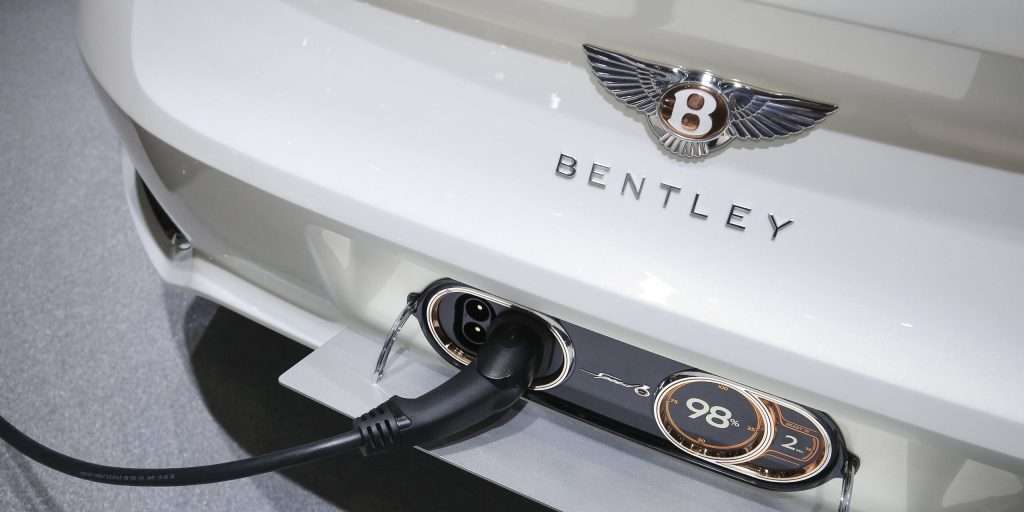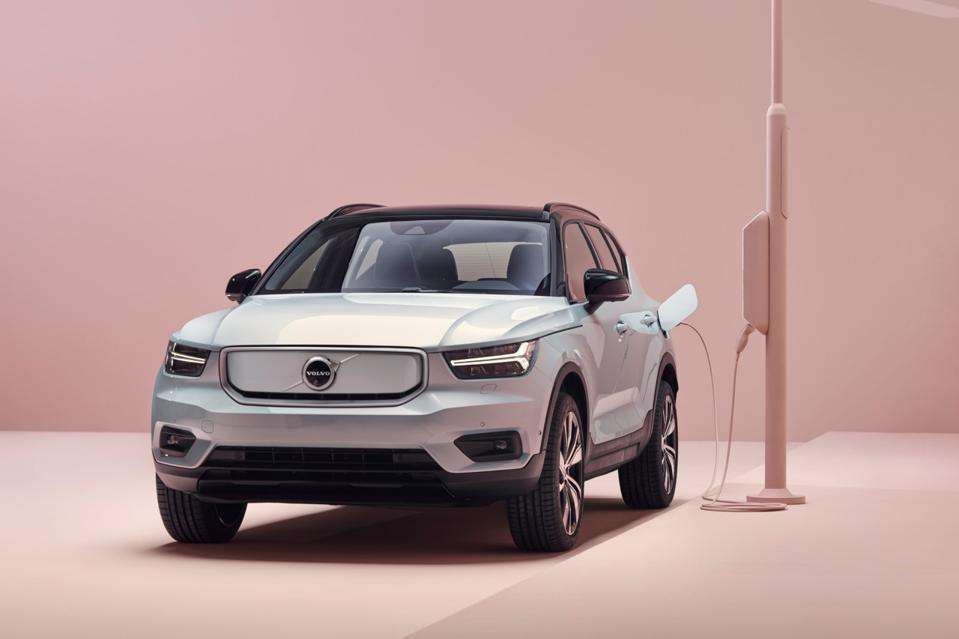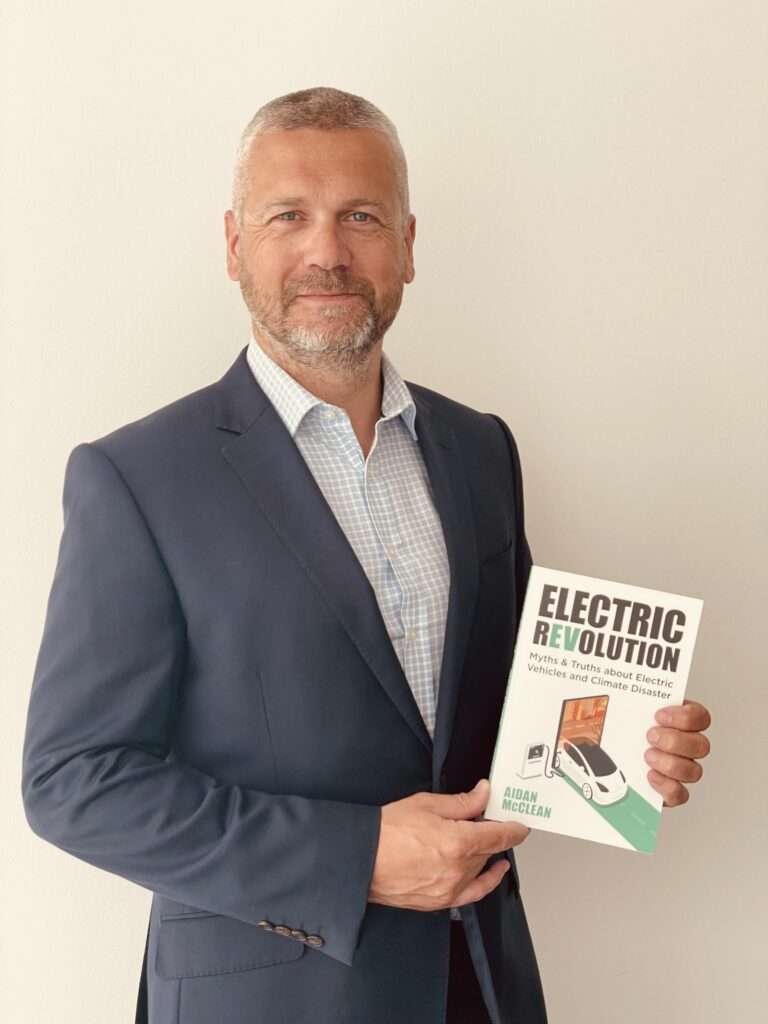With the climate crisis already in full effect, electric mobility is an essential part of the net zero solution. Having the right software to manage EVs and EV fleets, however, is rarely part of the conversation.
We are living in the midst of a climate crisis. The emergence of electric vehicles as an alternative to their gas-guzzling counterparts has become a vital element in fighting climate change – and a major part of a cleaner, safer future for all.
With that said, the transition to EVs isn’t easy or simple.
Any unnecessary complications, or fears like ‘range anxiety’ quickly put off potential drivers, who may feel daunted by the mindset change that EVs necessitate. “The lack of reliable EV charging stations outside cities is a real issue” explains Pro EV.
Accessible, dynamic, and smart software here is essential: drivers, whether for their jobs or just everyday usage, need to know where chargers are, which ones are super fast, and if they are in use or even working at all. Fleet managers, and delivery and courier companies, need to know their whole fleet’s charging schedule is optimised so the vehicles that need it are fully charged.
EVs are an essential part of net-zero
Transport in the U.K. produced 27 percent of the country’s total emissions in 2019. Ninety-one percent of this came directly from road transport vehicles, making cars one of the largest single contributors to carbon emissions. However, less often mentioned are the fleets of delivery vehicles, company cars, and hire cars that must go electric too.

Urban pollution is a serious problem and one that e-commerce, last-mile delivery fleets, and traditional couriers contribute significantly. By 2030, we could be seeing 36 percent more delivery vehicles in inner cities to combat the growing demand for e-commerce delivery, according to the World Economic Forum’s recent The Future of the Last-Mile Ecosystem report. Without intervention now, this could cause a 32 percent increase in carbon emissions within a decade. This cannot continue; in 2019, air pollution killed 1.8 million people globally.
How to really tackle range anxiety
Range anxiety is a common issue when it comes to both current EV users and those considering making the jump to electric. A fear of going without fuel is addressed by the frequency of petrol stations, but with the perceived lack of charging infrastructure to support EV drivers, the fear of being left stranded with a drained battery is a common one. Volvo claims that 58 percent of drivers say that range anxiety is a barrier for going electric.
Regardless of the need for chargers, an equally important issue is the need for better accessibility, driven by the latest software and intelligent data usage. Software is essential in helping users navigate journeys with EV cars, ensuring they have accurate and up-to-date information about routes, time frames, and specific range. Accessing real-time data about available chargers along your route means users can plan ahead, and won’t feel left in the lurch.

Using this, fleet managers can plan ahead — balancing maximum charge for both each vehicle’s individual requirements and also the requirements of other vehicles based on the needs of their schedules.
Collecting as much data as possible is extra important in these early stages. Every mile driven or journey completed adds new insight into the range of each driver, car, and battery, and thus gives managers the room to optimise for better productivity and efficiency.
Effective software underpins the EV mindset we all need to adopt
Treating EVs the same as fossil fuel-driven vehicles is a mistake; EVs need to be managed differently, and software is the key to bridging these differences. Everyday drivers need to know where chargers are on their journey, which ones work, and which ones they can access if need be. Here, real-time, smart data is as important as the number of fast chargers scattered throughout our road systems. After all, what good is a charger if you get there and it doesn’t work?
For delivery fleets and courier companies, managers and drivers will want to know that all vehicles are on an optimised charging schedule. With a busy day’s work ahead, no one has time to sit and wait for their electric van to charge while on the job. This means efficient software must prioritise vehicles that need the charge the most while they are parked at the company depot.
Related on Ethos:

Aidan McClean is the best-selling author of ‘ELECTRIC REVOLUTION: myths and truths around EVs and climate disaster‘, and founder of UFODRIVE, Europe’s biggest all-electric car hire company.


